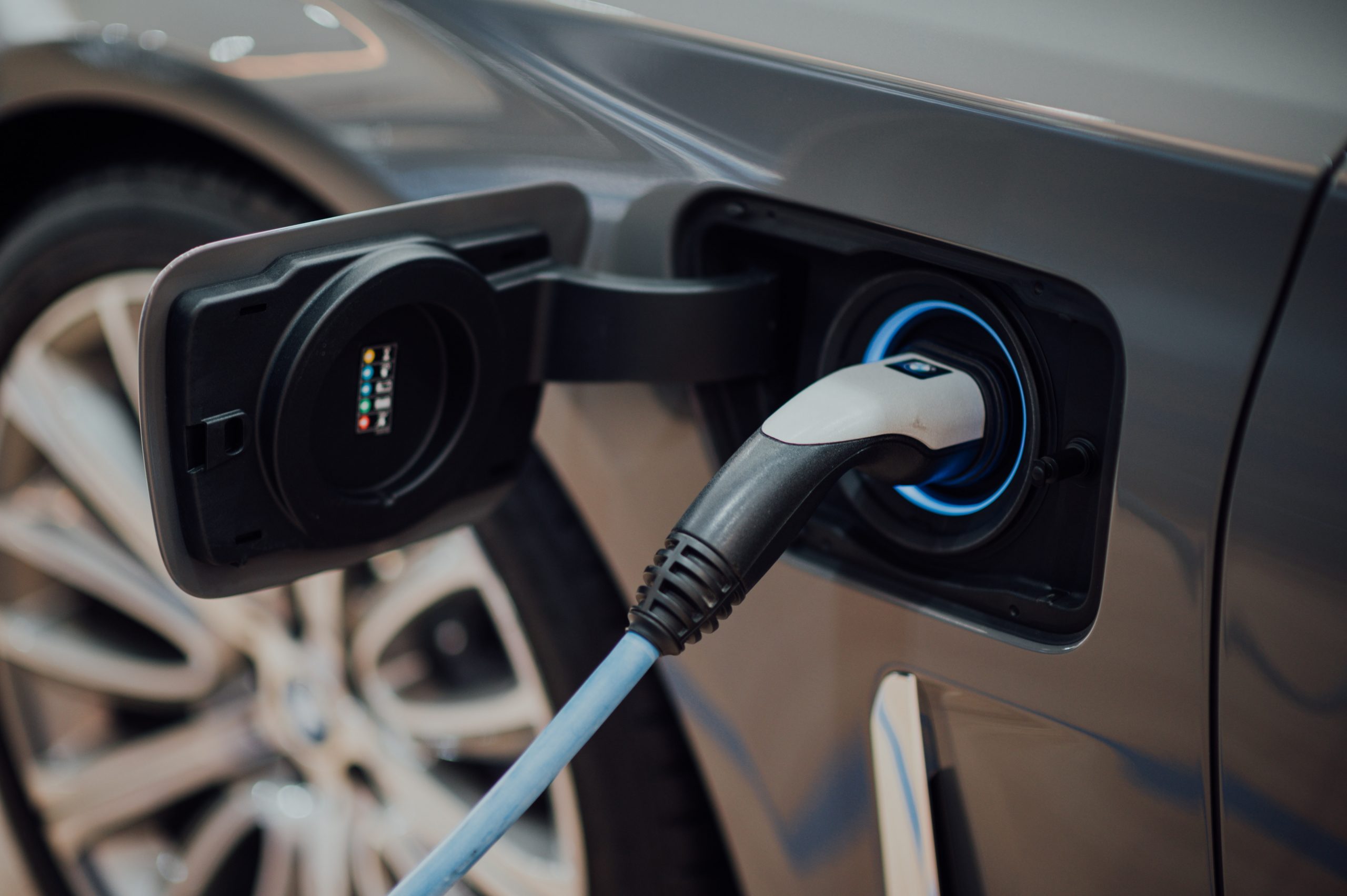Electric cars are becoming increasingly popular as people look for more environmentally friendly and cost-effective ways to travel. However, one of the biggest concerns for potential electric car owners is how long it takes to charge the vehicle. In this blog post, we will explore the different factors that affect the charging time of an electric car and provide some tips on how to reduce the charging time.
- Battery Capacity
The battery capacity of an electric car is one of the most important factors that affect the charging time. The larger the battery capacity, the longer it will take to charge. For example, a Tesla Model S with a 100 kWh battery can take up to 12 hours to fully charge using a Level 2 charger, while a Nissan Leaf with a 40 kWh battery can take around 8 hours.
- Charging Level
There are three levels of charging for electric cars: Level 1, Level 2, and Level 3. Level 1 charging uses a standard 120-volt household outlet and can take up to 20 hours to fully charge an electric car. Level 2 charging uses a 240-volt outlet and can reduce the charging time to around 4-8 hours. Level 3 charging, also known as DC fast charging, can charge an electric car up to 80% in just 30 minutes.
- Charging Station Availability
The availability of charging stations can also affect the charging time of an electric car. If there are no charging stations nearby, it can take longer to charge the vehicle. However, with the increasing popularity of electric cars, more charging stations are being installed in public places such as shopping centers, restaurants, and parking lots.
- Temperature
The temperature can also affect the charging time of an electric car. In cold temperatures, the battery may take longer to charge as the chemical reactions inside the battery slow down. On the other hand, in hot temperatures, the battery may charge faster but may also degrade faster over time.
Tips to Reduce Charging Time
- Use a Level 2 Charger: Using a Level 2 charger can significantly reduce the charging time of an electric car.
- Charge During Off-Peak Hours: Charging during off-peak hours when electricity rates are lower can save money and reduce the charging time.
- Plan Your Route: Planning your route ahead of time and knowing where charging stations are located can help reduce the charging time.
- Keep the Battery at Optimal Temperature: Keeping the battery at an optimal temperature can help reduce the charging time and extend the life of the battery.
Conclusion
The charging time of an electric car depends on several factors such as battery capacity, charging level, charging station availability, and temperature. By understanding these factors and following some tips to reduce the charging time, electric car owners can enjoy the benefits of electric vehicles without worrying about the charging time.


